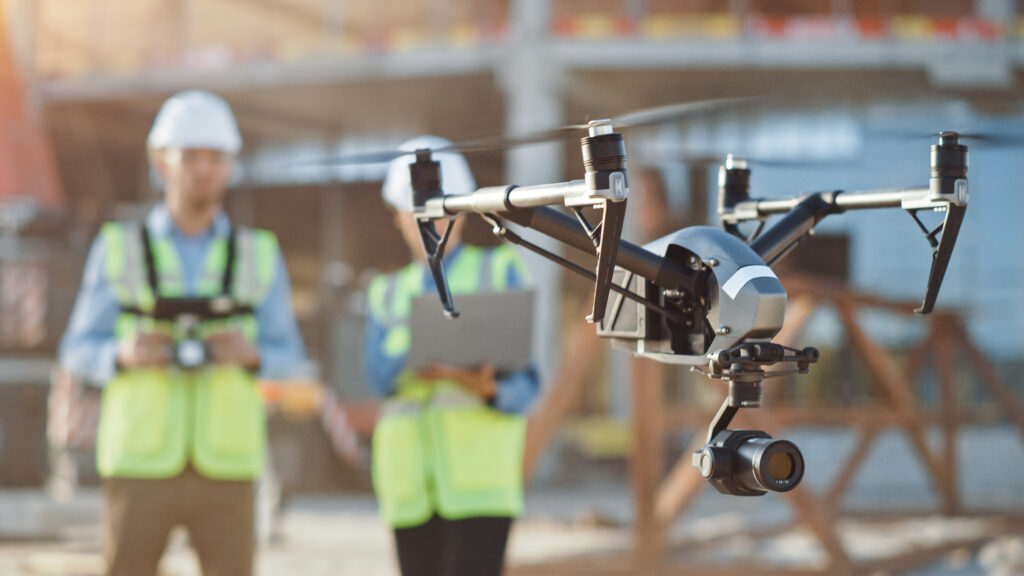ALTEN & AUTOSAR: Adaptive Platform on Drones

AUTOSAR Adaptive Platform: on the way to autonomous driving
AUTOSAR has been the standard for automotive control units for more than 15 years. In 2017, the first release of the AUTOSAR Adaptive Platform was published, a new architecture designed to meet the challenges that arise on the road to autonomous driving. Many of these challenges, such as the computation and generation of environment models, require much higher computing power than was previously common in automotive ECUs. High Performance Computing with the AUTOSAR Adaptive Platform as lean and flexible middleware will find its way into vehicles on a massive scale over the next few years.
ALTEN has been involved in the development of the Adaptive Platform since day 1 as a premium partner of the AUTOSAR consortium. And in doing so, ALTEN not only makes its contribution in the consortium’s working groups in the further development of the standard, but above all uses this knowledge to enable customers to bring their AUTOSAR Adaptive ECUs into series production.
ALTEN & AUTOSAR implement functional safety aspects on drones
What is less known is that AUTOSAR has been increasingly used outside the classic automotive world in recent years, e.g. in agricultural machinery, ships and industrial automation. The keyword here is AUTOSAR Derived Applications.
A particularly good example of a Derived Application is the master’s thesis by Fabian Gierer, which was developed in cooperation with the University of Munich and BMW. The AUTOSAR Adaptive Platform was implemented on a drone (eVTOL) for handling functional safety aspects. So-called health indicators were continuously monitored during the flight in order to be able to initiate countermeasures in case of failure, such as switching to a redundant system or the degradation of functionalities.
ALTEN has been involved in drone development for years and therefore provided the flight site for the test flight. In this context, the following short film was created. Enjoy!








